Jean-Luc Godard: “Film is over. What to do?”
The auteur is dead, says Jean-Luc Godard. The future is cut-and-paste movie mashups.*
#DearNetflix:
Satyajit Ray.**
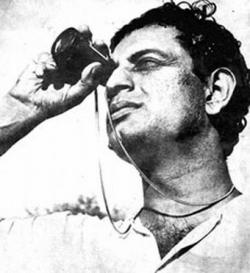
The Odyssey is a sequel to the Iliad, and the second, better part of Don Quixote is a sequel to the first.
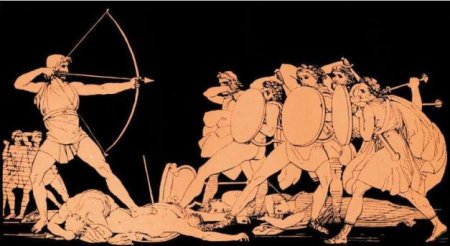
You can argue that Andy Warhol revamped this idea.
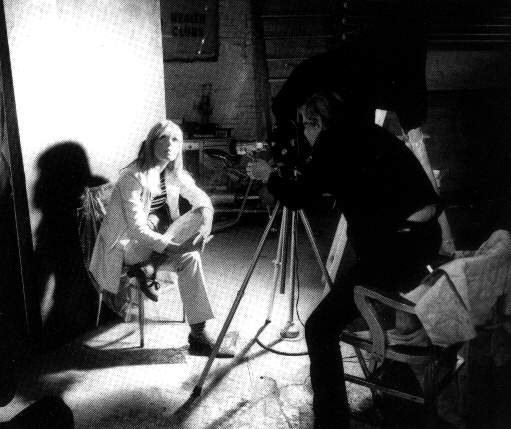
Throughout the 1940s, Welles and Wyler wrote articles and gave more interviews, often insisting that their films invited greater participation on the part of spectators.

Andrew Sarris’s You Ain’t Heard Nothin’ Yet and the collection OK, You Mugs.
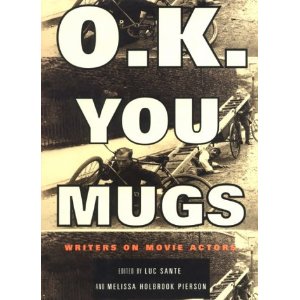
For the sake of simplicity, we’ve called the principles norms.

Exhibit A is Tamar Lane’s book The New Technique of Screen Writing (McGraw-Hill, 1936).

Jurassic Park and The Host likewise trace out several plot strands among a variety of characters.
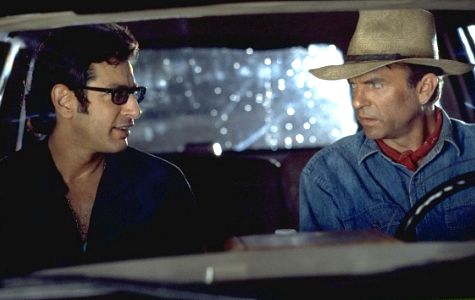
I once asked Kiarostami how he got the remarkable performances in shot/reverse-shot that we see in films like Through the Olive Trees (1994) and The Taste of Cherry (1997). He said that he simply filmed one actor saying all of his lines and giving all his reactions, then filmed the other.
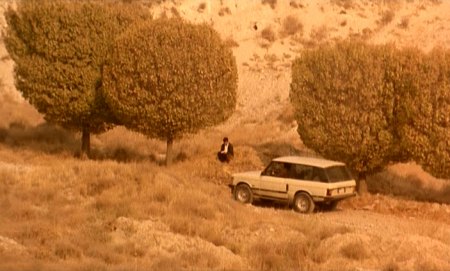
In order to pursue this question, the critic needn’t declare Rebecca a great film or a failure.

If you declare that There Will Be Blood is a good film, you’re evaluating it.
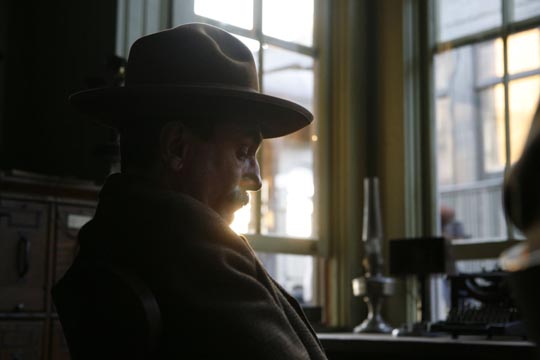
Progressive opinion in the silent era tended to deny that film was a performing art, since that would make it a form of theater. No, film had unique capabilities. Cinema was essentially moving pictures.
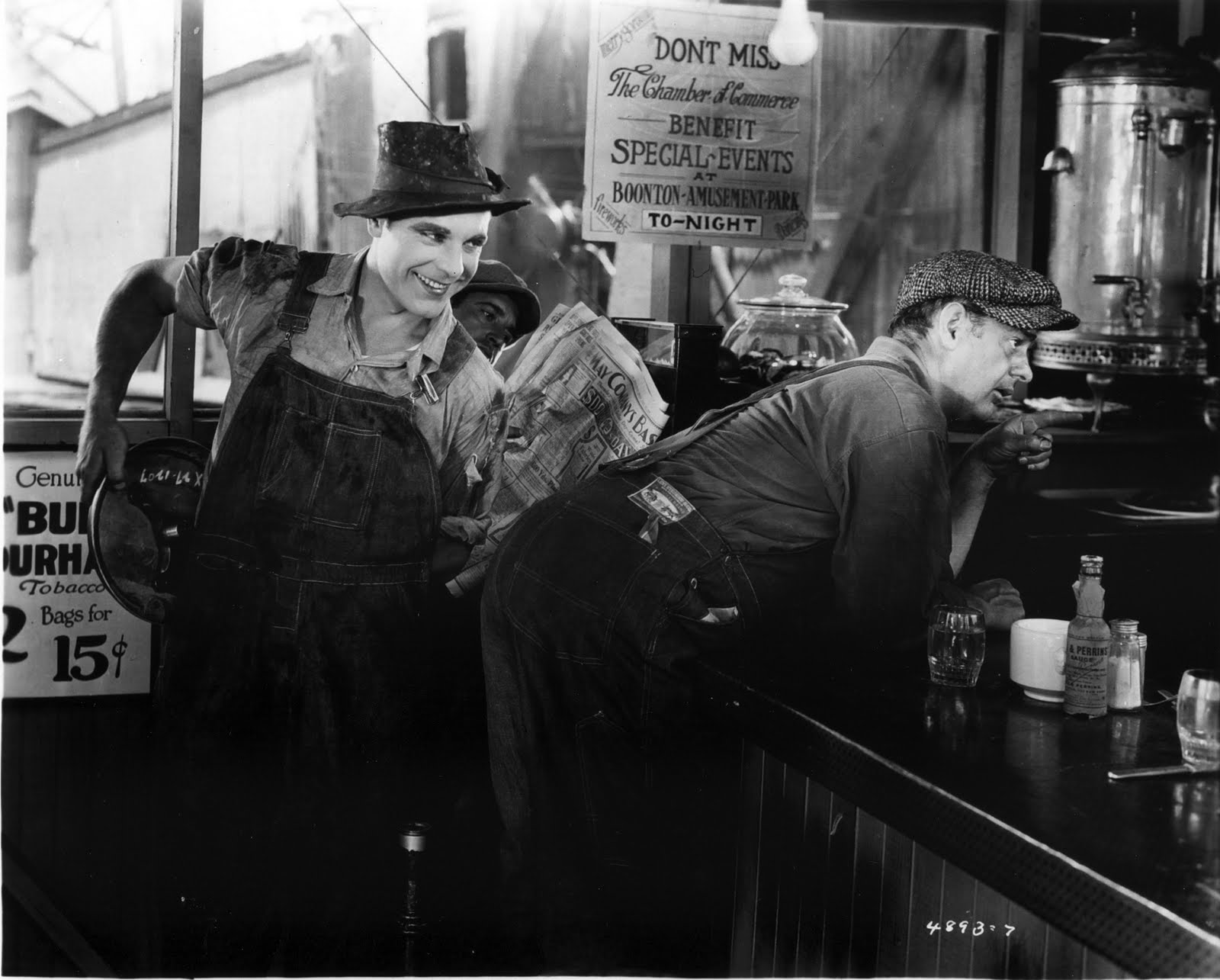
Thinking historically need not numb us to surprises.

*from a 12 June Guardian headline
**all text assembled from David Bordwell and Kristin Thompson’s Minding Movies: Observations on the Art, Craft, and Business of Filmmaking